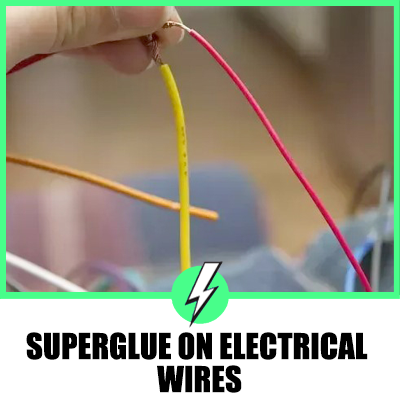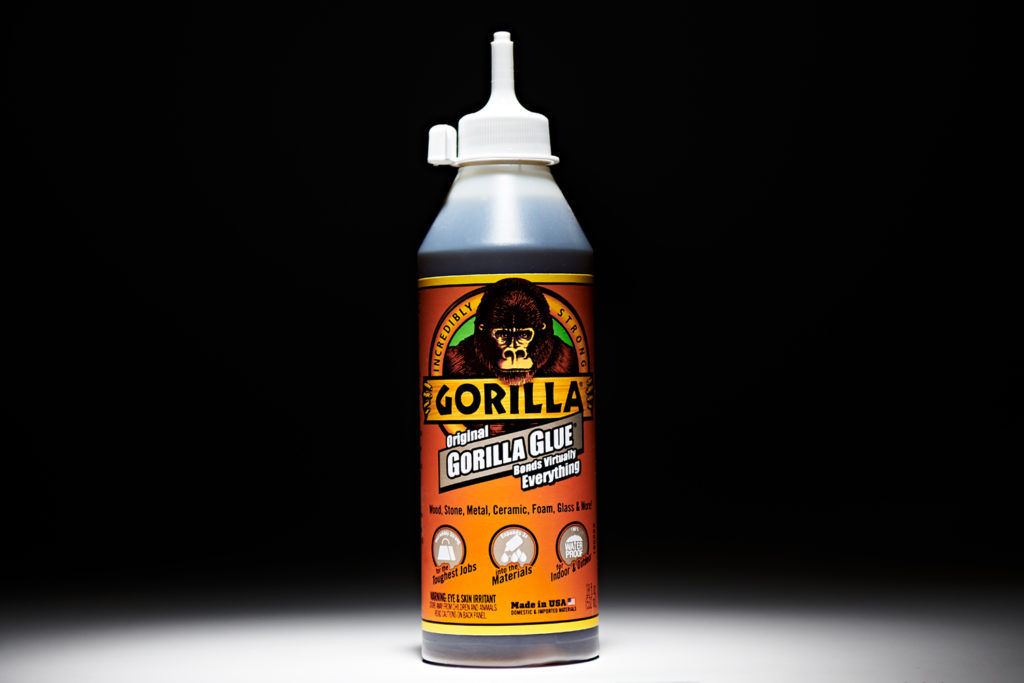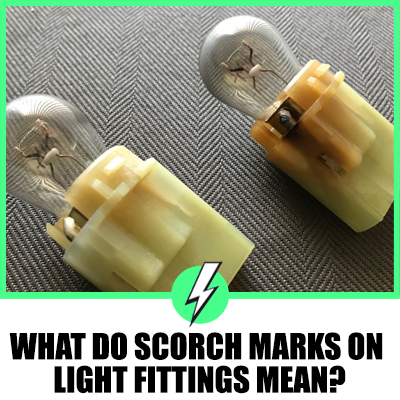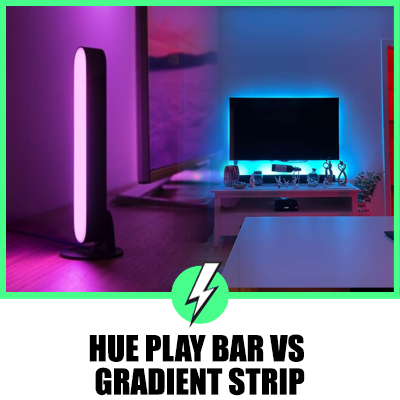Superglue On Electrical Wires
Is it possible to replace solder with superglue for connecting electrical wires together? Will the superglue conduct electricity?
No, you can’t use superglue to replace solder for connecting two electrical wires. Superglue does not conduct electricity. When applied to copper, the glue can be foamy and cause the wires to separate, which affects the integrity of the circuit and may even cause a short circuit and sparks.

Contents
Can I use superglue in place of solder?
No, superglue is not meant to conduct electricity, and it doesn’t! If you apply super glue to a conductor, it will cause a barrier and insulate the conductor, which will inhibit the flow of electricity.
There are no glues on the market that can conduct mains electricity and replace solder as a conductive material.
Is there glue that conducts electricity?
Silver filled one-part epoxy will conduct electricity. However, the epoxy part of the adhesive does not allow for the best electrical connection and is not a substitute for solder.
They are also messy to use, and although the product is being pushed, the take up is slow, and it will die a lonely death on the retailer’s shelves.
Is there glue for wires?
Yes, you can buy wire glue for low voltage systems such as outdoor lighting. It conducts electricity and is marketed as a replacement for solder in low voltage applications.
It comes in a standard superglue tube, it’s easy to apply and a pain to get off your fingers. Is it as good as solder? Nope, it’s just sold off the back of convenience and practicality and not for the best jointing solution for your low voltage wires.
Can you use Gorilla Glue on wires?

Yes, but it is not going to conduct electricity. Gorilla Glue” is a brand name that originally denoted one particular company’s brand of polyurethane glue, but they have expanded their product line while keeping the same name.
Now you know it is not going to conduct electricity, you can use Gorilla glue to hand items from wire such as your favourite print.
What are the different methods of joining wires?
There are many ways to join wires, from a simple splice and solder to make a rock-solid connection or to using mechanical fasteners to make a good connection.
- The simple, low-cost method is to twist and tape the wires together. It’s not a permanent solution for joining wires, but it can get you out of trouble should the situation arise.
- Soldering is tried and tested, but many are put off at the thought of soldering, but with a little practice and patience, you can become an expert solderer quickly and make perfect wiring connections. Soldering is great when you have the wires in front of you, but it can be tricky soldering short wires that are coming from a ceiling rose
- Crimp and heat shrink. Crimping is a low-cost way of mechanically joining wires together. It works well if you have the right size crimp and can apply enough force to make a permanent connection. Again it’s difficult to do if access is limited. Heat shink is not a wire jointing method but an insulation method that works very well.
- Screw connector blocks have been used for decades to connect wires; it’s a simple process where the wire is fed into the terminal and secured by a screw.
- Wago connectors, a simple but effective lever mechanism that locks onto the wire with vice-like force, making an almost unbreakable joint.
What is the best way to splice wires?
Remove a section of the insulation from an inner part of the cable, open the copper wires by twisting and threading the new wire between the wires and twist the opposite way to secure the connection.
Soldering is the best option to finalise the splice, but you can use a heat shrink for a tight insulating connection.
Can you splice wires with electrical tape?
Yes, but it’s not the best way of securing the connection. Solder will make a good circuit, or other mechanical applications can provide a good or better joint than splicing.
If you have spliced the joint, you can wrap the joint with electrical insulation tape to prevent exposure to live wires.
Can you use hot glue on electrical wires?
Yes, but it’s not conductive, so the electricity will not flow. However, hot glue makes a great insulator to prevent shorts and electric shocks.
Hot glue can be used on circuit boards to provide insulation and set things up before soldering. Hot glue is easy to remove and, in many ways, is superior to superglue.
Can electricity pass through glue?
No, glue is a very poor conductor of electricity and should not connect electric wires. Glues are made from polymers and plastics similar to the insulation sheaths around plastics.
If you find glue that says it can conduct electricity, it is epoxy, not glue. Epoxy with conductive additives live silver can conduct electricity.
But they are messy and ultimately not the right solution for joining electrical cables together.
Can you connect wires without soldering?
Yes, soldering is not the panacea for connecting wires together. It’s sometimes the best solution at a low cost for a quick, simple fix.
Mechanical fixing provides robust, sturdy connections and can be used in tight spots where solder could not be used.
Wago connectors
Wago connectors are fast becoming the electrician’s best friend. They are fast and straightforward to use and make an outstanding connection.
You simply trim your conductor to around 7 mm and push it into the wago connector, and it is secure. Make your circuit lighting with a switch and place it in a wago box.
Tuck the box in the ceiling void, and the connections are made. Simply pull and twist the conductor, and the wire is released to remove it.





